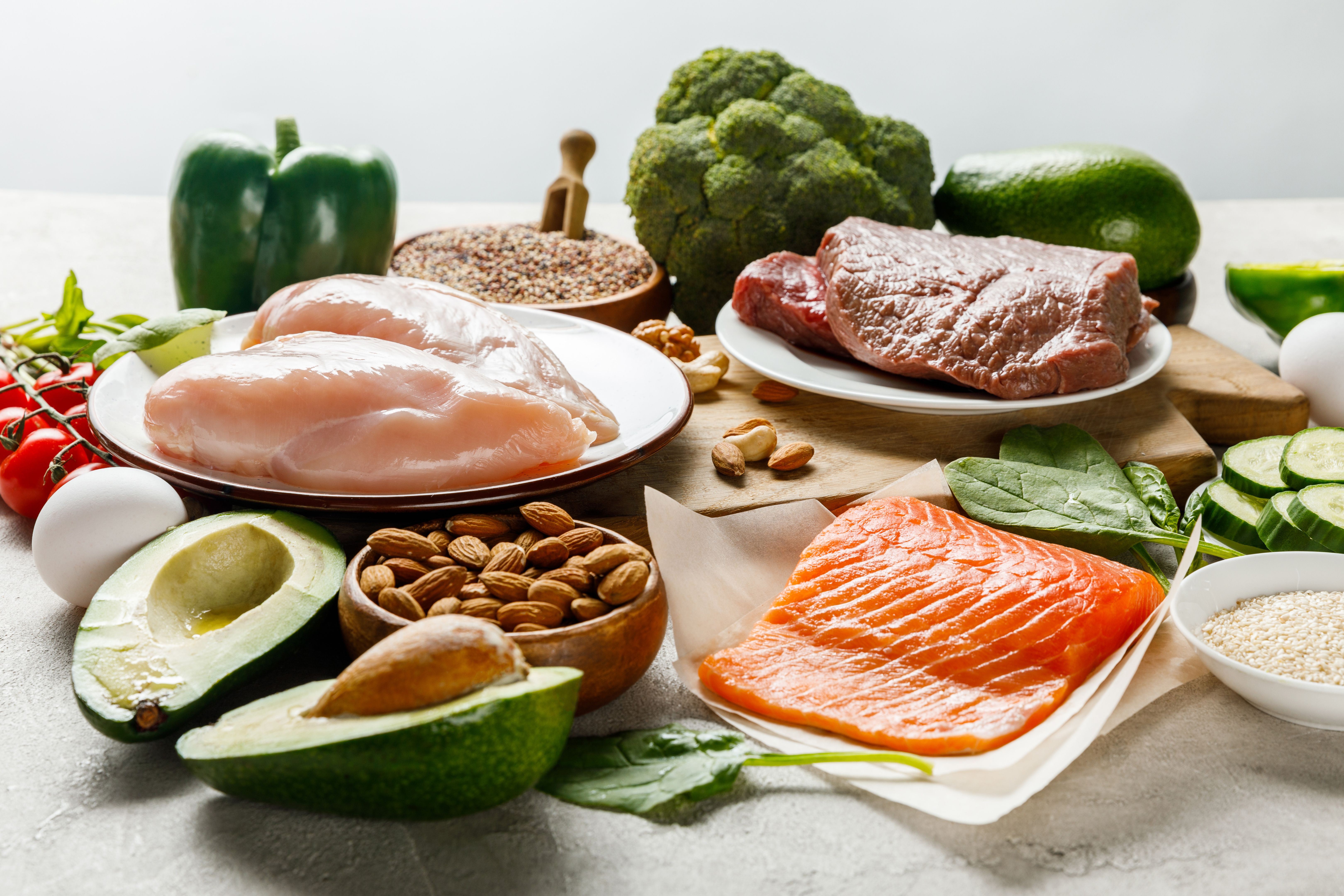Tailored Nutrition for Athletes: Meeting Unique Needs
Understanding the Basics of Sports Nutrition
Athletes, regardless of their discipline, require a specialized approach to nutrition that supports optimal performance and recovery. The foundation of any athlete's diet should be a balance of macronutrients: carbohydrates for energy, proteins for muscle repair, and fats for sustained endurance. However, the exact proportions and specific needs can vary widely based on the sport, training intensity, and individual goals.

Carbohydrates are often seen as the primary fuel source for athletes. They are vital for maintaining energy levels during high-intensity activities. Each athlete's carbohydrate needs can differ significantly, with endurance athletes requiring higher amounts to sustain prolonged exertion. On the other hand, sprinters and power athletes might focus more on quick-release sources for bursts of energy.
Personalizing Protein Intake
Protein plays a crucial role in muscle repair and growth, making it a key component of an athlete's diet. The amount of protein required can vary depending on factors such as body weight, training intensity, and specific sport demands. Strength athletes typically need higher protein intake to support muscle hypertrophy, while endurance athletes might require less but still need adequate amounts to aid in recovery.

It's essential for athletes to consume high-quality protein sources such as lean meats, dairy, legumes, and plant-based options like tofu and quinoa. Timing is also critical; consuming protein shortly after training can enhance muscle recovery and growth.
The Role of Fats in Athletic Performance
Fats are often overlooked in sports nutrition, but they are an important energy source, especially for long-duration events. Healthy fats from sources such as avocados, nuts, seeds, and oily fish provide essential fatty acids that aid in hormone production and cell membrane integrity. For endurance athletes, fats can act as a primary fuel source during prolonged activities when glycogen stores are depleted.
Athletes should focus on incorporating a variety of healthy fats into their diets while minimizing saturated and trans fats. Balancing fat intake is crucial to ensure energy needs are met without excessive calorie consumption.
Hydration: A Cornerstone of Performance
Proper hydration is vital for all athletes to maintain peak performance levels. Dehydration can lead to decreased endurance, strength, and overall physical performance. Athletes should focus on regular fluid intake before, during, and after exercise. Water is typically sufficient for most activities, but sports drinks containing electrolytes can be beneficial during prolonged events or in hot and humid conditions.
Monitoring urine color can be an effective way for athletes to assess their hydration status; pale yellow indicates adequate hydration, while darker shades suggest the need for more fluids.
Micronutrients: The Hidden Heroes
While macronutrients often get the spotlight, micronutrients are equally important in an athlete's diet. Vitamins and minerals such as iron, calcium, vitamin D, and antioxidants play key roles in energy production, bone health, and immune function. Athletes should aim for a varied diet rich in fruits, vegetables, whole grains, and lean proteins to ensure they receive all necessary micronutrients.

Supplementation may be necessary in some cases, especially if dietary restrictions or specific sport demands limit nutrient intake. Consulting with a sports nutritionist can help tailor a plan to meet individual micronutrient needs effectively.
Creating a Customized Nutrition Plan
Every athlete is unique, and their nutrition plan should reflect their individual goals and requirements. Working with a sports nutritionist or dietitian can provide personalized guidance based on specific training regimens and competition schedules. A well-designed nutrition plan not only supports performance but also reduces injury risk and promotes long-term health.
Athletes should regularly reassess their nutritional strategies as training demands change, ensuring that their diet continues to align with their evolving needs. By prioritizing tailored nutrition, athletes can maximize their potential and achieve their performance goals.
As an independent LiveGood distributor, I'm excited to share the opportunity to access high-quality health and wellness products, including potent supplements and nourishing skincare, at incredibly affordable prices. LiveGood's direct-to-consumer model cuts out traditional retail markups, and as a distributor, I can help you discover these savings. Keep an eye out for special promotions and bundles I may be offering to help you prioritize your well-being without breaking the bank, right here in Ibestad Municipality and beyond! Let's explore how LiveGood can support your health goals. https://www.LiveGood.com/astafjord
